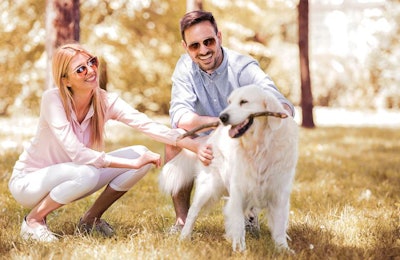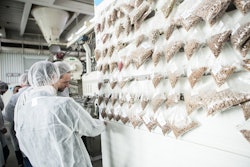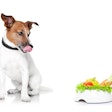
Survey responses suggest that pet care expenses influence U.S. dog, cat and other pet owners to delay life events, such as getting married or having children. The largest of those expenses was food on a monthly basis. The survey was conducted by LendEDU , a financial advice firm funded by companies including pet insurance providers.
“By far the most expensive category was food, with healthcare/vet costs not even being half of the total average expenditure,” wrote Ted McCarthy, LendEDU research analyst intern, in a blog post.
Details of pet expenses survey
In the LendEDU survey, respondents spent 55% of their monthly pet expenditures on dog, cat or other pet food.
By animal type, respondents reported spending these monthly averages:
- Reptile US$56.88
- Guinea Pig / Hamster / Rabbit - US$63.64
- Fish - US$53.60
- Cat - US$95.11
- Bird - US$127.38
- Dog - US$157.39
Those expenses may have influenced pet owners’ life decisions. While most respondents reported not delaying any of the important events listed by LendEDU , others put off major changes like having children.
Survey respondents answered the question: Have you ever had to delay any of the following milestones due to expense from your pet?
- 43% - “None of the above”
- 11% - “Having children or more children”
- 8% - “Getting married”
- 8% - “Buying or renting a home or apartment”
- 10% - “Missed bill payments”
- 7% - “Made smaller payments to student loan or credit card debt than you would have liked”
- 6% - “Buying or leasing a car”
- 5% - “Getting an insurance policy (life, health, auto, etc.)”
- 2% - “Other”
LendEDU pet owner survey methodology
LendEDU commissioned an online survey commissioned conducted by polling company Pollfish. One thousand adult American pet owners age 18 and up were surveyed.

















